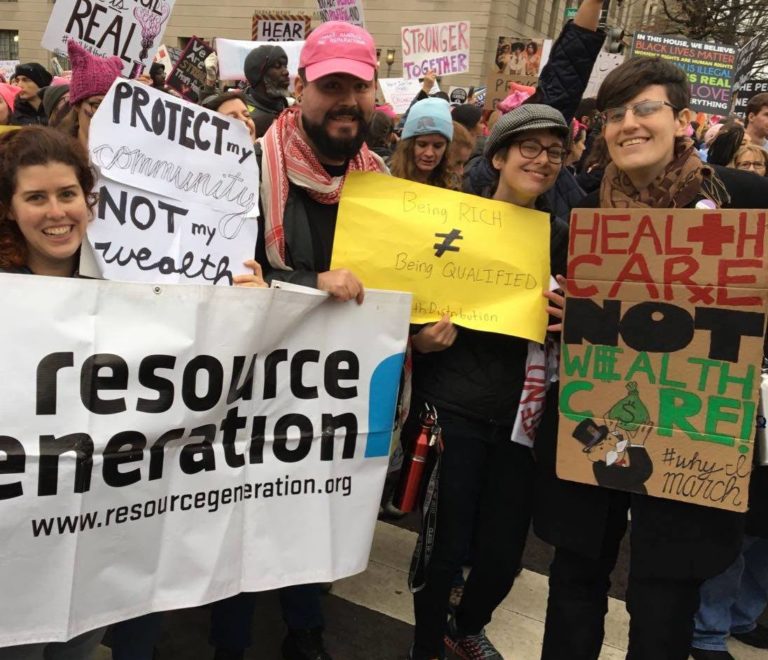access to information: researching inequality is too tricky

let me introduce myself – my name is anna genevieve winham and while my bio on the “About Us” page gives a few more details, i’m basically a rich kid who has a lot of problems with both the fact that “rich kids” exist and the systems through which i became one. i’m a brit, cross-referenced with california (as in, i live in california) with a chapter on new hampshire (as in, i go to school in new hampshire). i devour words and pen them. i love having the wind in my hair (when my head isn’t shaved) and go to great lengths to ensure that this happens. my usual fun fact is that i’m synesthetic, and one more is that i’ve kept a daily diary since before 9th grade. for a long while i didn’t realise (and probably still don’t realise) all the ways in which financial wealth has influenced my opportunities, my decisions, my habits, and my attitudes. it wasn’t until i arrived at college and began talking with friends about our own wealth disparities that it began to hit home.
the past few years i have been attempting to immerse myself in the study of and action to end inequality and oppression. most of these studies, though, involved reading specific books, taking specific courses, or engaging in specific dialogues. not a single one has included searching for a particular fact; each has included instead striving to understand fields of varying specificity.
among my first tasks interning at RG was searching for U.S. and world income inequality data, specifically average and 95th percentile incomes. i imagined this task wouldn’t present too much difficulty: a quick google search, follow links off a few links, and bam, there i would have my data.
in practice, i was struck by how very difficult it was for me, one of the supposedly tech-savvy ‘90s kids, to actually find this information. the CIA keeps a “World Factbook,” but even this resource doesn’t provide specific income information. the U.S. census provides a large amount of income data, but none of it – at least, none that i could find – broken down specifically by income threshold, and the censuses of other countries i found either unlocatable or unintelligible, even when in english.
stumped, i emailed the “Making Money Make Change” listserv to see if anyone might have ideas on where to find the very specific information i was searching for. the next day i had a flurry of helpful responses in my inbox which, after a little exploring, led me to the answers i set out to find (thank you, everyone!).
so although with the help of MMMC and some of my professors i eventually found the data for which i was searching, the fact remains that this information was very difficult to find, and i have a feeling that its obscurity plays into popular perceptions of wealth. in order to find this information, i had to have not only an interest in or predisposition towards finding it already, but also the specific task of obtaining the information in time set aside for this specific task. how on earth is someone working three jobs supposed to come across information about income inequality? how could someone whose thoughts about inequality have not already been piqued become aware of this information?
restricting access to information is a very clever way to stop people from using that information: if people don’t know the facts, they can’t dispute the fairness of those facts; they can’t conclude that we must do something to change them. now, i’m not sure who, if anyone specific, makes this information so difficult to obtain. and i’m sure there are many who would claim that it isn’t their responsibility to make it available. it seems to me, however, that in order to have mass consciousness of the inequality that pervades our society –a consciousness i think we should have – this kind of information must be widespread; it must become popular knowledge. the U.S. census makes data available, but it doesn’t make it accessible. though it is difficult to know exactly upon whom to call to increase accessibility, we can begin by disseminating the information ourselves: as RG repeatedly encourages, we have to break the silence about our own experiences with and knowledge about wealth (or lack thereof).
in the process of this search, i did come across a lot of information, however, that doesn’t correspond directly with the specific request. this information definitely also has value. answering a specific question about income inequality or wealth disparity isn’t easy, but it seems there is a definite contingent of people also trying to get this kind of information out there. these are a few of the most striking sets of visuals i came across.
this mother jones story contains 11 (pretty!) graphs that demonstrate trends in U.S. wealth distribution and what happened in the last 30 years in terms of salaries and taxes to make it this way.
this pew research study shows how on average the financial crisis has affected black and latin@ families much more adversely than white families.
these business insider charts inspired the occupy movement gives pretty clear stats about income inequality and wealth disparity in the U.S.
visualizing economics, a blog by economist catherine mulbrandon, has so many great infographics.
after all the research techniques i had learned in my first search, i expected my next research tasks to go significantly more smoothly. how routinely i prove my own naivety. it now seems as though each different area, even within the field of income inequality and wealth disparity, requires learning the specific ways to research it, further demonstration of the inaccessibility of this information. i’m chugging my way through, though, trying to make this essential information just a little bit easier to find.
i’m currently working on infographics about the racial wealth divide and about wealth and income as they relate to age – please comment if you have ideas or know of good data sources!


